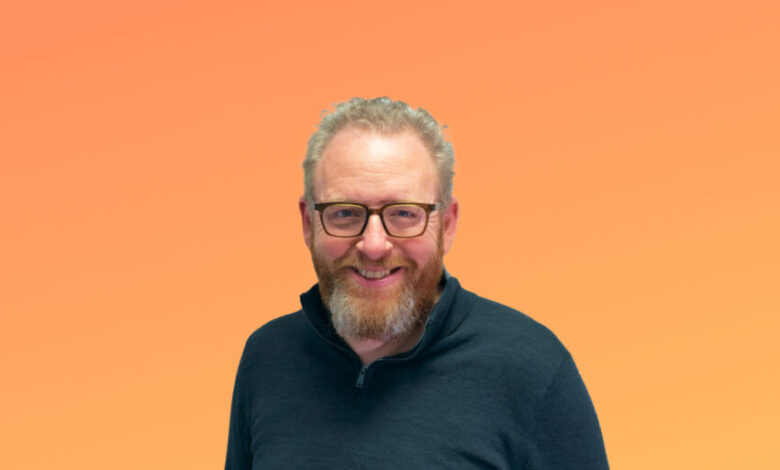Kit Cox, Founder & CTO, Enate

Enate, founded by Kit Cox in 2011, is an enterprise AI and orchestration platform designed to help businesses streamline their operations.
Based in Cheltenham, Enate was born out of Kit’s frustration with the outdated tools, like spreadsheets and shared mailboxes, that many companies relied on to manage complex services. Enate’s solution offers a single platform that provides a clear view of tasks, enabling organisations to improve efficiency and automate processes.
Large enterprises such as TMF, Ernst & Young, and Acuity have integrated Enate’s software-as-a-service (SaaS) platform to manage their service delivery, often achieving operational savings of up to 20% within the first three months. The platform identifies gaps and opportunities, helping businesses deploy automation effectively across their processes.
Recognising the growing potential of generative AI, Enate has appointed Sam Ward as Head of AI Research and Development to spearhead innovations in this space. From sentiment analysis and email triage to intelligent document processing and data analysis, Enate’s AI tools have been a game-changer for its clients. Recent results show businesses saving up to 30 hours per 1,000 emails processed, which equates to two full-time staff members’ worth of time saved each year.
Built on Microsoft Azure Open AI Service, Enate’s solutions deliver high levels of accuracy, security, and compliance. The company is an official Microsoft ISV Partner and has been recognised as a leader in automation by Zinnov.
Backed by Mercia, Enate’s mission is clear: to free businesses from mundane, repetitive tasks, offering them insights that allow them to focus on customer service excellence and growth.
What was the inspiration behind Enate?
I was inspired to build Enate because, quite frankly, I was fed up with seeing business leaders having to deal with rubbish systems or, even worse, spreadsheets and shared mailboxes to deliver sophisticated services that were just not good enough for the job. We built Enate to cope with how the world really is. Many businesses have traditionally relied on things like IT service management systems to deliver services, but the problem is that while fixing a server in Brazil is the same as fixing a server in Belgium, that’s not the same as running a payroll in those countries. Enate helps standardize to a level that works but also allows you to flex to the variabilities in your business between countries and products, wrapping it all into delivering one superlative service.
Who do you admire?
Having just recently returned from two weeks at Glastonbury Festival – one at the fest, one at the clean-up operation – I have a lot of admiration for Michael and Emily Eavis. What they’ve built and cultivated is truly unique.
The whole concept of Glasto only works because so many people have bought into the idea of it, and are willing to behave somewhat out of character and give their time to do so: An idea I call Glastonomics. Acts like Coldplay perform for a tenth of their usual fee, campers give up creature comforts, doctors and dentists offer free care, and volunteers run the festival.
Post-festival, I joined 2,000 others in litter picking for five days to restore the site to its former glory. I got to spend time with such a diverse range of people from all corners of society, from students to mega high flyers, teenagers to pensioners, and academics. It’s a testament to how contributing to a community brings rich rewards.
Looking back, is there anything you would have done differently?
Yes, I wouldn’t have started a capital-intensive business until I had easier access to capital. The harsh reality is that you have to really struggle for a while. If I could go back in time, I would have started a services business first. Another thing I’d do differently is writing a shareholder agreement – don’t bother with shareholder agreements unless you need them.
What defines your way of doing business?
Working smart, entrusting our talented team to do their best, and ensuring the people around me are happy. I’m not someone chasing a specific endpoint, I define success as something more personal and immediate. If my way of doing business brings happiness to others and they’re engaged, then business is a success. Conversely, if my team and customers aren’t experiencing contentment, it’s a sign that there’s still work to be done.
What advice would you give to someone starting out?
Don’t wait years to get started. Get going and figure out if you’re cut out to run a business. Do you enjoy the feeling you get before an exam? If you can enjoy that, then go for it. You’ve got to be passionate about what you’re doing to be able to face all the challenges that will come along the way.






